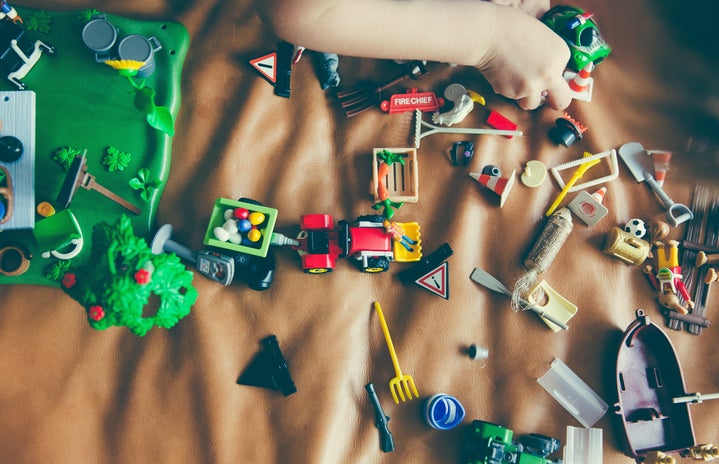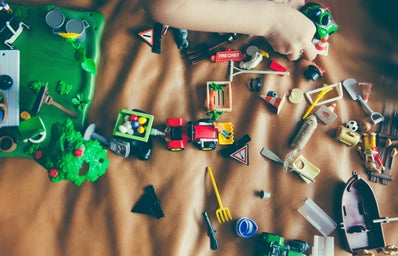It’s hard to identify a precedent to the stillness brought by the initial lockdown back in March 2020. The COVID-19 pandemic had just started to propagate; and, amidst the quietness of being isolated at home, I constantly found myself daydreaming about times past. The things that once brought me joy and comfort—feelings that were lacking during those first months—started popping up in my head. Suddenly I was relistening to my angsty high school playlist, revisiting my old favorite TV shows and movies, and going through old pictures of a before time.
Throughout the pandemic, I continued diving deeper into this nostalgia for what I enjoyed during my childhood and early adolescence. I felt warmth in this newfound appreciation for my past and came to find out that I wasn’t the only one experiencing this. On social media, particularly TikTok, other people described feeling comfort in going back to their younger interests; videos about the Twilight saga, Pokémon, even the early to mid-2010s Tumblr era, became common on my timeline. This begged the question: why do we cope through nostalgia?
In the New York Times article Why We Reach for Nostalgia in Times of Crisis, writer Danielle Campoamor pondered over the same question and sought answers from a clinical psychologist, Dr. Valentina Stoycheva, who specializes in trauma. Dr. Stoycheva explains that nostalgia serves as an “emotional pacifier”, helping us become used to traumatic events that happen around us by providing a momentary but substantial feeling of relief and familiarity. Returning to my old Pokémon games and listening to Charli XCX’s True Romance on repeat was my mind’s way of saying: You’re currently experiencing a traumatic event; these things will give you comfort until it’s a better time to address it.
Beyond the comfort provided, going back to my old interests became a personal exercise in understanding myself. With my academic and professional development becoming the centerfold of my life, these hobbies that gave me a unique level of personal enjoyment took a backseat. Revisiting them made me remember that, yes, I am a human being with personal interests; not just somebody who exists for the sole purpose of contributing to a system.
Dr. Stoychena concludes that, while nostalgia can provide us with necessary comfort during times of crisis, it’s important and essential to accept when it’s time to move on. As the pandemic seemingly comes to an end, I feel fortunate to look back at the opportunity it gave me to relearn my own interests and embrace my past. We are, after all, a mosaic of all our past selves. Making peace with them is, well, comforting.


